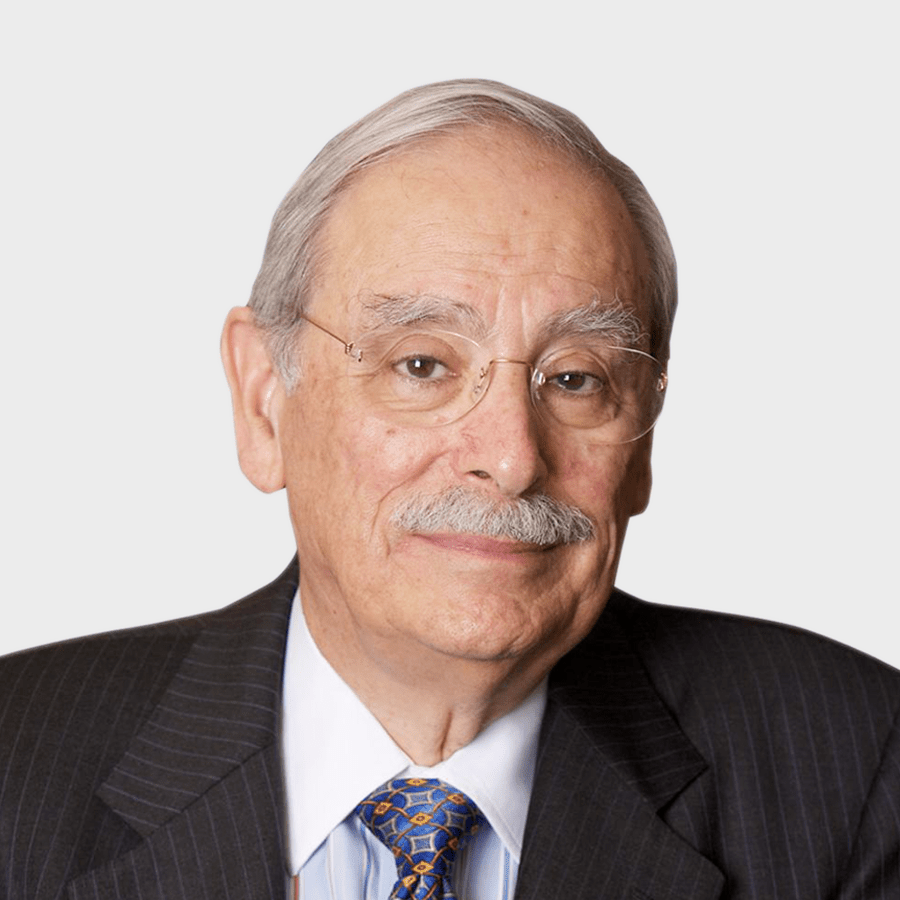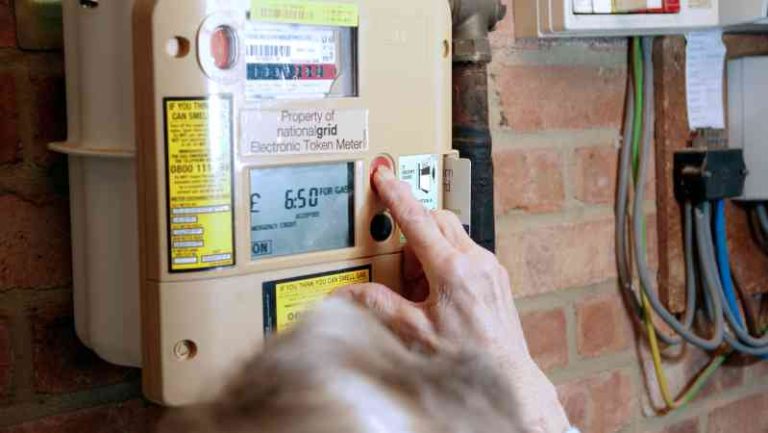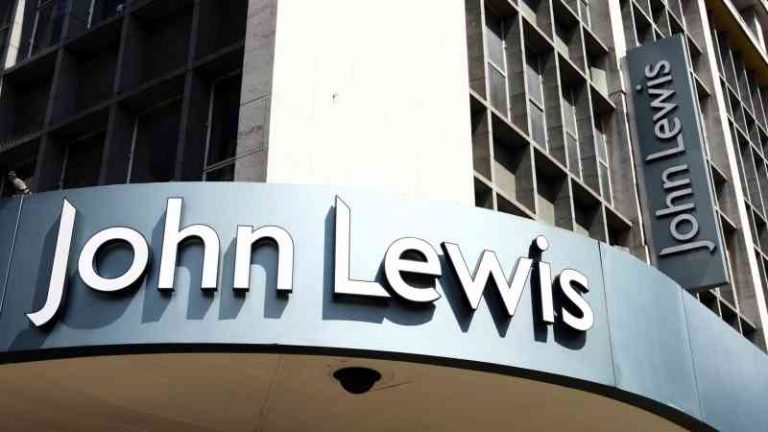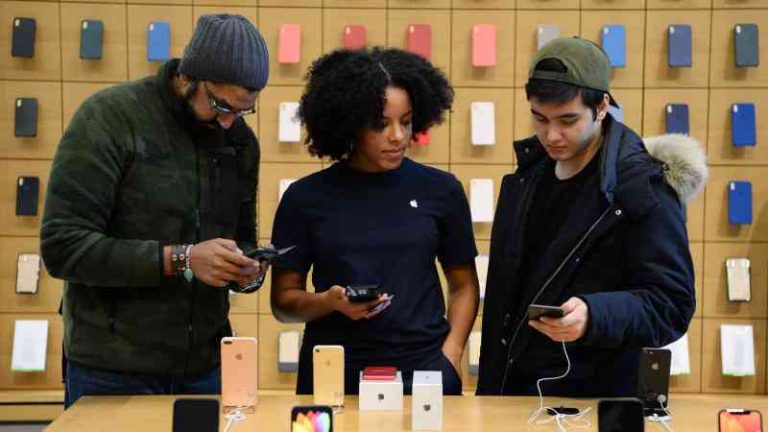Harris and Trump are too busy scrapping old promises to mention what matters
Kamala Harris and Donald Trump are busy consigning past positions to the scrapheap of unkept promises. Harris was for banning fracking, but noticing oil and gas-rich Pennsylvania’s 19 electoral votes, she isn’t. She was for open borders, but noticing border state Arizona’s 11 electoral votes, she now favours a bill providing millions of dollars for a border wall. She once sponsored the Democrats’ Green New Deal, but now wears a paler shade of green.
In response to a fawning CNN interviewer, Harris explained that both banning and allowing fracking are consistent with her enduring values, and was unchallenged when she repeated support of anti-gouging laws that will create shortages, and of $25,000 (£19,000) grants to new homebuyers that will drive property prices higher.
Trump thought electrical vehicles ridiculous, but Elon Musk’s massive campaign contribution revealed new virtues in these highly subsidised machines. He thought cryptocurrency dangerous, but massive contributions of that currency to his campaign have led him to discover a place for them in the American economy.
Meanwhile, four big developments that cry out for presidential attention remain unspoken by either contender for the keys to 1600 Pennsylvania Avenue: the failure of the efforts of Gang Green; the plight of poor white children; the state of the nation’s finances; and mounting threats to national security and the democratic world order.
The first major intrusion of fact into the campaign has come from Berlin’s non-partisan Mercator Research Institute. Its researchers studied 1,500 climate policies implemented between 1998 and 2022 in 41 countries, including the three largest emitters: the US, China and India. They found that only 63 of the 1,500 interventions had led to significant reductions in emissions. Those 63 successful programmes relied heavily on carbon pricing and carbon taxes. Neither candidate is prepared to touch such solutions with the proverbial barge pole
The second development relates to the vice-president’s proposed “opportunity economy”. She says she is focused on special help for women, children and minorities, leaving unmentioned the needs of poor white families. But a new study of about 57 million children, by Harvard professor Raj Chetty and Nathaniel Hendren at the Massachusetts Institute of Technology, has found that race is a less powerful predictor of economic mobility than it once was. Data shows that poor white children are now more likely to remain in poverty than poor black children. The path into the middle class has become more difficult for the first group and less difficult for the second over time, allowing black children to narrow the racial gap.
Harris might make some space in her “opportunity society” for consideration of white plight.
Third, promises to spend and tax pour out of both camps, but neither candidate will discuss with any seriousness the parlous state of the national finances — the flow of red ink splashing across the country’s ledgers with serious implications for national security. Harris plans to spend more money than even her proposed massive tax increases will provide, in part because the taxes will stifle economic growth. Trump proposes to fund his tax cuts with tariffs on imported goods that will never show up in American ports because those tariffs will make the goods unmarketable in the US, and relies on more tax cuts to stimulate growth.
The Congressional Budget Office estimates that even if existing laws remain unchanged, the federal deficit and national debt will soar. Add the plans of either candidate, and both will rise even faster and by even more, undoubtedly catching the eye of the credit-rating agencies.
Fourth, two new studies combine to show that the candidates’ fiscal irresponsibility threatens our national security. The Senate Armed Services Committee has found that it would require an increase in annual defence spending from 3 to 5 per cent of gross domestic product (GDP), a boost of almost $200 billion, to enable the military to meet the co-ordinated threats of our adversaries.
Even if the money is appropriated, which neither Harris nor Trump is proposing, another study, this one by the Brookings Institution think tank, reveals that America’s industrial defence base is so hollowed out that it cannot possibly produce what the military requires.
Xi Jinping has surely noticed that, for the first time in many years, we have no carrier strike group in the Indo-Pacific — a result of refitting one and adding another to the one already deployed in the Middle East. The two strike groups are providing a sufficient show of force to persuade Iran and Hezbollah, at least so far, that an assault on Israel might prove unwise.
Unfortunately, even a display of US muscle has not stopped Houthi-crewed vessels setting fire to an oil tanker carrying one million barrels of crude oil in the Red Sea, and preventing vessels from extinguishing the blaze to prevent a potential environmental catastrophe.
There you have it: two scrambles to deny past commitments, and two candidates who are an embarrassment to their economics professors. The good news is that in only 65 days, those voters who have not relied on mailed ballots will troop to the polls and put an end to this campaign.
Irwin Stelzer is a business adviser






